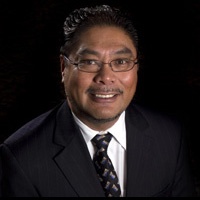Welches White Collar Crime Lawyer, Oregon
Sponsored Law Firm
-
 x
x

Click For More Info:
-
Oliveros Law Group, P.C.
9200 S.E. Sunnybrook Boulevard Suite 335 Clackamas, OR 97015» view mapCriminal Defense, Divorce & Family Law 007 Law
At Oliveros Law Group P.C, our attorneys help clients understand their rights when they have been injured due to the deliberate or careless act of another person.
800-797-7891
Not enough matches for Welches White Collar Crime lawyer.
Below are all Welches Criminal lawyers.
Gregory P. Oliveros
✓ VERIFIEDDivorce & Family Law, Criminal, Accident & Injury
Gregory Paul Oliveros was born and raised in the Portland area. After graduating from the Oregon College of Education in 1973, he taught in the Portla... (more)
FREE CONSULTATION
CONTACTBrian Michael Starns
Traffic, DUI-DWI, Police Misconduct, Criminal
Status: In Good Standing Licensed: 26 Years
Christine Mascal
Accident & Injury, Criminal, Personal Injury, Slip & Fall Accident
Status: In Good Standing Licensed: 34 Years
John Henry Hingson
White Collar Crime, DUI-DWI, Criminal, Administrative Law
Status: In Good Standing
Mark C Cogan
Traffic, White Collar Crime, Constitutional Law, Civil Rights
Status: In Good Standing Licensed: 42 Years
 Gregory Oliveros Clackamas, OR
Gregory Oliveros Clackamas, OR Practice AreasExpertise
Practice AreasExpertise

